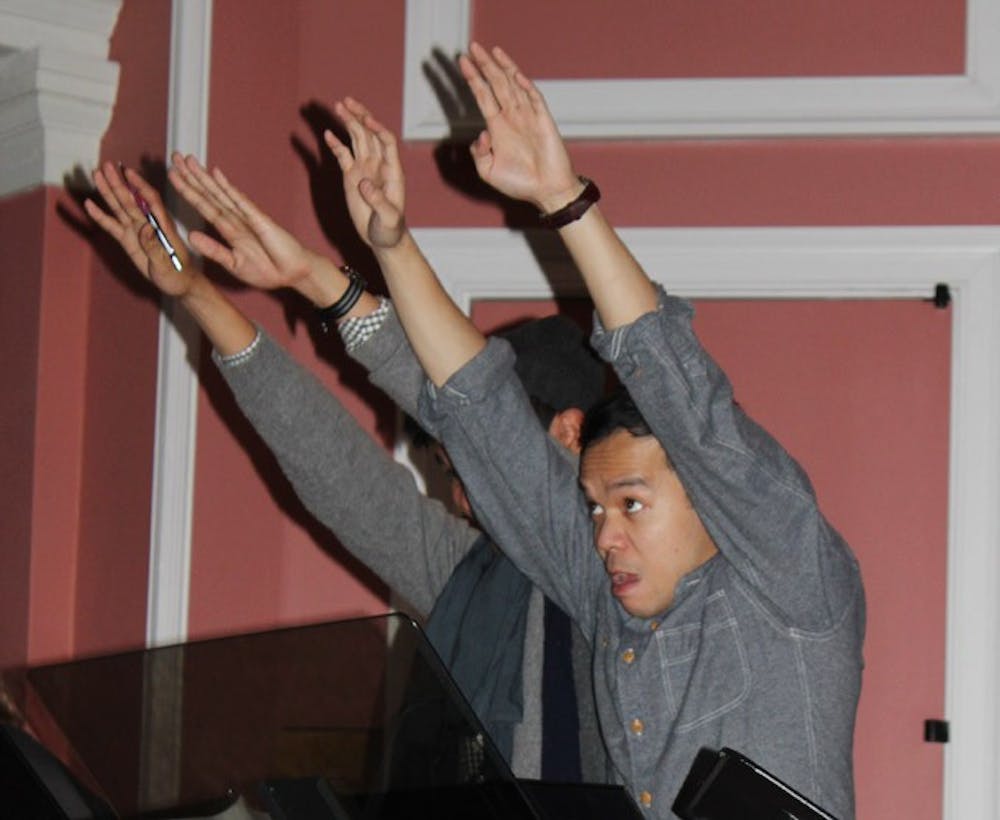After 25 years, Philip Kan Gotanda’s narrative about Chang and Eng Bunker is ready to be told.
“The Life and Times of Chang and Eng: Inescapable Truths of Love that Binds” is a show that tells the story of the Bunkers — the original Siamese twins, who were originally brought to America to be exhibited as freaks.
The two settled in North Carolina, where they married sisters Adelaide and Sarah Yates and fathered 21 bi-racial children.
The show is Carolina Performing Arts’ latest production in the Process Series, a program that helps artists develop their works. It will be presented Friday and Saturday.
Gotanda said it’s a relief to have finished the project, with which he has developed a strong connection during the past quarter of a century.
“I think the challenge before was the story was too big, and I was trying to write too much about it,” he said. “Just the facts of their life are quite remarkable.”
Joseph Megel, the director of the staged reading at UNC, said the play is complex.
“It’s not like you’re watching a documentary or a historical piece,” he said.
“This is a complicated work that is exploring a large part of their lives in a very imaginative way. It’s much more full of images and feelings.”



